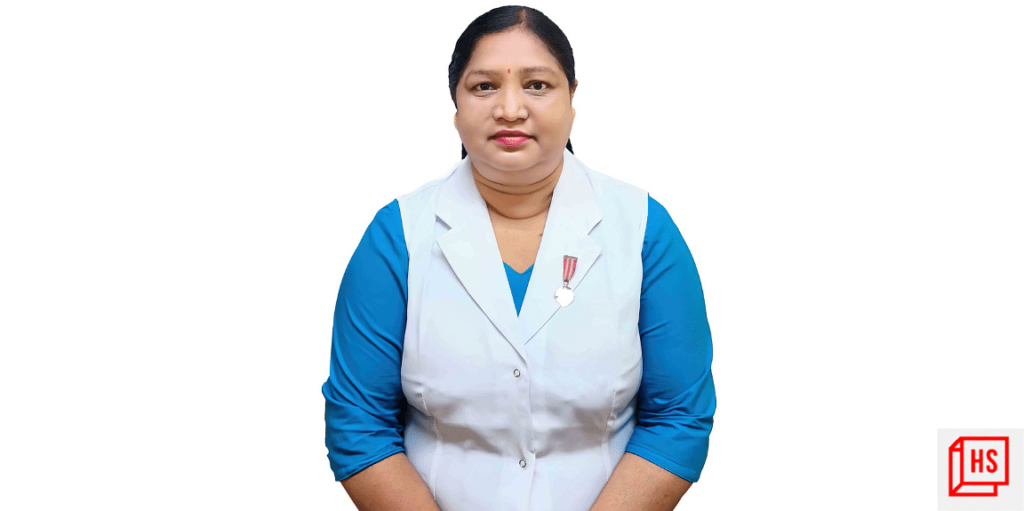In the five years that she spent living alongside the remote Onge tribe of the Andaman island, Shanti Teresa Lakra fished and cooked with them: saw how differently they raise their young; followed into them the forests in the summer, “a season when they cannot bear to be enclosed in their huts”.
It was a culture wholly new to her, even though she grew up in the middle Andaman’s. where her late parents, homemaker Augustine Kujur and forest department driver Marcus Lakra wanted their six children to learn to brush their teeth and put on their shoes, essential early skills among Onge included climbing trees and cracking open coconuts.
In her years as a nurse and midwife there, Lakra would survive a Tsunami, live out of a bare tent, send her year-old baby away to keep him safe and help save a premature baby that weighed 900 gm.
For her incredible service, she was shortlisted for prestigious Aster Guardians Global Nursing Award in May. Years before this, in 2011, she received the Padma Shri, one of India’s highest civilian honours. A year before that, she won a National Florence Nightingale Award.
“I couldn’t have done it alone. My family including my husband, elder sister and in-laws, are pillars of my strength”, says Lakra, 51. Her husband, Shaji Varghese, 59, a real-estate broker in Port Blair, would visit her on site, as often as he could. Her in-law cared for her son, Asley, now 20, when she couldn’t.
Her sister, Scholastica Tirkey, 61, is a nurse and is the reason Lakra chose the profession. “I would see the relief that she brought to people in our village, and the of Onge tribe.
Theirs is a way so remote that special laws prevent images of them being posted on social media, in order to protect it, she said
They desired themselves an En-iregale (perfect person, in Ongan). They have dark black skin, wear metal and wood jewellery. In place of clothing, they a apply grey a clay from protection from the Sun. They live by fishing, hunting and foraging.
Lakra realized soon enough that they were not going to trek one km from their settlement to reach out to an allopathic nurse at the government outpost. So she began to spend time with them in their homes.
The Onge population at the time was 78, partly as a result of a low birth rate. So Onge decided to make healthy pregnancies a priority. That would be harder than she realized.
The Onge do not use modern calendar system. So women often couldn’t pinpoint where they were in their menstrual cycle or confirm if they were pregnant. They believed that admitting to a pregnancy before it became visible was inviting bad lucky.
Lakra got around to these factors by simply spending hours in each household, talking to women about dos and don’ts of early pregnancy. They began to turn to her for basic slaves, first aid and other medication.
The tribe was warm and grew to trust her, but was hard to adjust to the loneliness, she says. (IPA Service)

 Gulf Support For Erdogan Is About More Than Economics
Gulf Support For Erdogan Is About More Than Economics 